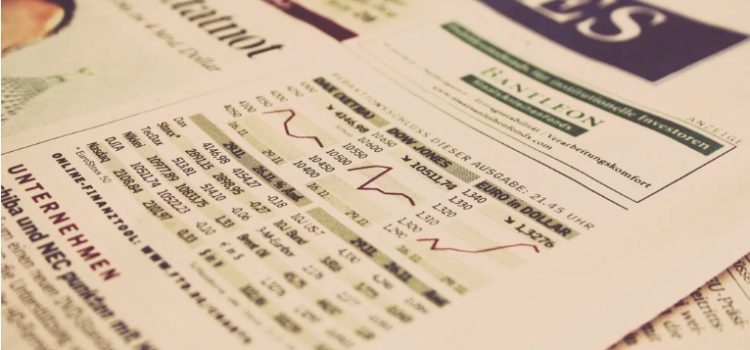What exactly is probability? How can mathematical probability help us in real life? Probability is a mathematical ratio that communicates the likelihood of a particular event over all other possible outcomes. It allows us to manage uncertainty by measuring risks and putting possible outcomes in perspective. In this article, we’ll discuss some real-life applications of probability.
Real-Life Applications of Probability










